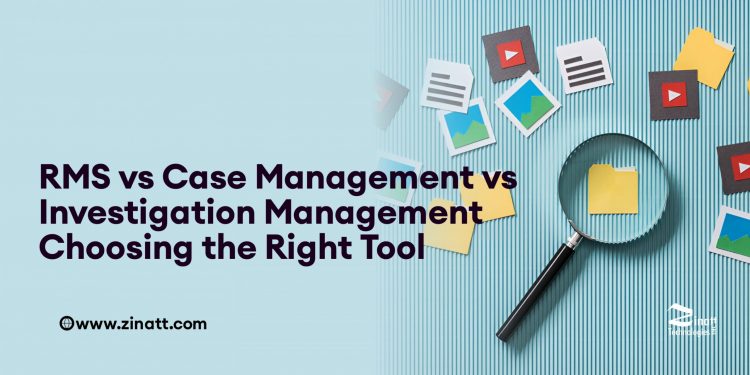-
It is imperative for investigators, detectives, and law enforcement teams to have the right technology in place for storing critical case information. Records, documents, and files must all be captured and stored securely in a shared data repository. Additionally, the ideal technology should make analyzing that data and collaborating in
-
In the realm of political campaigns, an era of innovation and transformation is unfolding. The fusion of data analysis into campaign strategies has revolutionized the way politicians engage with voters, predict outcomes, and tailor their messages. As we delve into the depths of this evolving landscape, we uncover the power
-
In the intricate world of politics, gaining an edge can be the difference between success and failure. Enter political data tools, the game-changer for modern campaigns. Harnessing the power of data analytics, these tools provide invaluable insights, helping strategists make informed decisions, target the right audience, and optimize resource allocation
-
In today’s fast-paced digital landscape, cloud security software plays a crucial role in safeguarding sensitive data and ensuring seamless operations. By leveraging role-based access control and advanced security measures, teams can work efficiently while enhancing collaboration and productivity. Explore the significance of cloud security software in optimizing your team’s performance
-
In the intricate world of political campaigns, comprehensive audit trails play a crucial role in ensuring transparency, accountability, and security. From tracking financial transactions to monitoring data access, these digital footprints provide a safeguard against potential breaches and malpractices, ultimately fortifying the integrity of the electoral process. Understanding the Significance
-
Importance of secure data management in political campaigns Secure data management is crucial for political campaigns to safeguard sensitive information and maintain trust with voters. Utilizing data management software ensures that campaign data remains confidential and protected from cyber threats. By securely managing data, campaigns can personalize their messaging, target
-
Introduction to concurrent user pricing Concurrent user pricing is a licensing model where customers pay based on the maximum number of users accessing the software simultaneously. This pricing method is commonly used for software applications in various industries, including law enforcement. Unlike other pricing structures, concurrent user pricing can provide




 520 838 0346
520 838 0346 sales@zinatt.com
sales@zinatt.com













